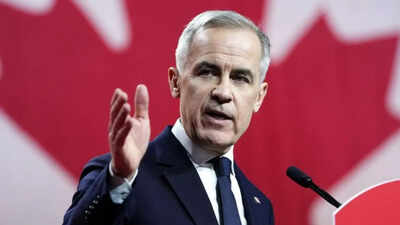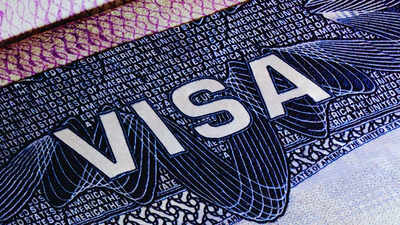Court Sentences Prominent Opposition Figures in Tunisia Amid Deepening Repression

In a troubling escalation of political repression within what was once considered the sole Arab democracy, a Tunisian court recently imposed severe sentences on several notable opposition figures. These individuals were convicted on allegations of conspiring against state security, as reported by the countrys official news agency on Saturday.
The sentences delivered range dramatically, with prison terms spanning from 13 to 66 years. This harsh verdict has drawn sharp criticism from human rights organizations and legal advocates, who have labeled the accusations as unfounded and politically motivated. This case has involved a total of forty defendants, crossing a wide spectrum of professions including opposition leaders, lawyers, businessmen, human rights activists, and journalists. Despite the significant public interest in the case, the news agency TAP reported that no further details were provided regarding the proceedings or the specific nature of the charges.
Tunisia, situated in North Africa, holds a historical significance as the birthplace of the Arab Springa wave of uprisings that began in late 2010 and sparked similar movements across many Arab nations. Following the initial revolt, Tunisia managed to carve out a path toward democratic governance, establishing a series of free elections, a vibrant press, and a culture of public dissent that enabled protests and citizen complaints to gain traction. However, this period of relative freedom has been increasingly overshadowed by a resurgence of authoritarianism.
The political landscape shifted dramatically when President Kais Saied initiated a series of controversial measures in 2021 aimed at consolidating power in his hands, effectively curtailing democratic processes and silencing dissent. As a result, many citizens have expressed a growing concern about the future of democracy in Tunisia, fearing that the gains made since the Arab Spring are under serious threat.
The decade following the uprising witnessed Tunisia grappling with various challenges, including economic stagnation, deteriorating state finances, and deepening social inequalities. The nation has been plagued by divisions, particularly regarding the influence of political Islamists in the post-revolution era. These factors have contributed to a disillusionment among many Tunisians, who find themselves caught between aspirations for democratic governance and the pressing realities of economic hardship and political turmoil.




























